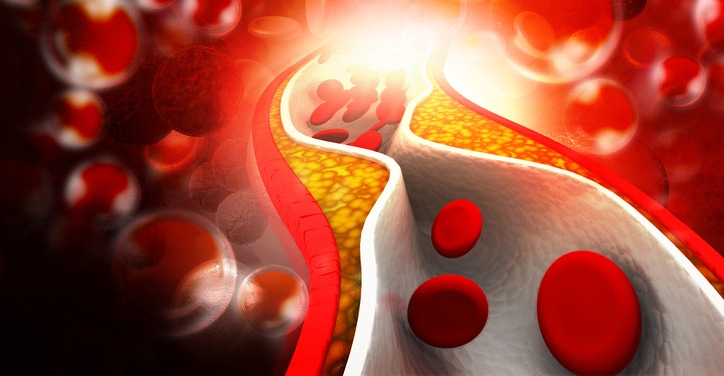A recent study suggests supplementation could be a means of lowering calcium-associated health risks and promoting heart health.
June 27, 2018

One in four deaths each year in the United States is caused by heart disease, according to the CDC, and coronary heart disease, also known as coronary artery disease, is the most common form of heart disease in the U.S. This disease is caused by plaque buildup in the walls of the arteries that supply blood to the heart and body. The plaque causes the arteries to narrow over time, which may partially or completely block blood flow.
Recent research has reaffirmed vitamin K2’s ability to improve arterial stiffness. In nature, the fat soluble vitamin K comes in two forms—vitamin K1 (phylloquinone) and vitamin K2 (menaquinones). Phylloquinone is primarily found in leafy green vegetables and is the main dietary form of vitamin K. Menaquinones, which are predominantly from bacteria, are present in modest amounts in some animal and fermented foods such as natto, hard cheeses, soft cheese, egg yolk, chicken breast and ground beef.
The research study looked at renal transplant patients, as subclinical vitamin K levels are very common in this population. These low vitamin K levels have been associated with an increased risk of cardiovascular disease. This study looked specifically at change in vitamin K status and indices of arterial stiffness after eight weeks of 360 mcg/day vitamin K2 supplementation.
Fifty-three percent of the participants had subclinical vitamin K levels. Supplementation was correlated with a 14.2 percent reduction in mean carotid-femoral pulse wave velocity, a measure of arterial stiffness. There was also a 40 percent reduction in subclinical vitamin K deficiency. Controls were age, duration of hemodialysis and transplantation, and the change in 24-hour mean arterial pressure.
Previous studies have shown that vitamin K2 is associated with the inhibition of arterial calcification and arterial stiffening in healthy postmenopausal women. This presumably occurs because the vitamin K2 activates matrix GLA protein, which stops the deposits of calcium on arterial walls. Low vitamin K intake could impair the process of calcium removal and increases the risk of calcification of blood vessels. Because of the limited availability to consume vitamin K2 even in a healthy Western diet, supplementation could be a means of lowering calcium-associated health risks and promoting heart health.
About the Author(s)
You May Also Like




